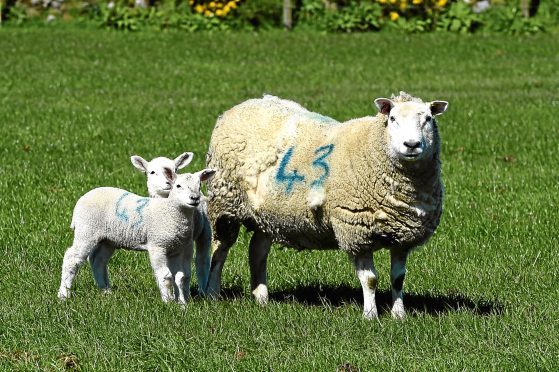Scottish scientists have made discoveries into the genetic code of sheep which could aid farmers breed stock with improved health and productivity.
Researchers at Edinburgh’s Roslin Institute, which first developed Dolly the Sheep, have mapped which genes are turned on and off in the different tissues and organs in sheep.
They say their findings, which include insight into the function of genes linked to immunity and meat quality, could help inform breeding programmes.
The team focused on genetic material called RNA, which is produced as an intermediate step when DNA code is translated into the proteins and muscles that make up cells and tissues. RNA acts as a functional read-out of exactly which genes are expressed in which tissues. The scientists analysed the total RNA produced in each tissue of the sheep’s body, helping shed light on the function of hundreds of genes whose role was previously unknown.
Emily Clark, who co-ordinated the project, said: “The new resource represents a major step towards understanding how the sheep’s genetic information influences its physical traits, and provides a foundation to use this information to generate sustainable improvements in the productivity of livestock animals.”
